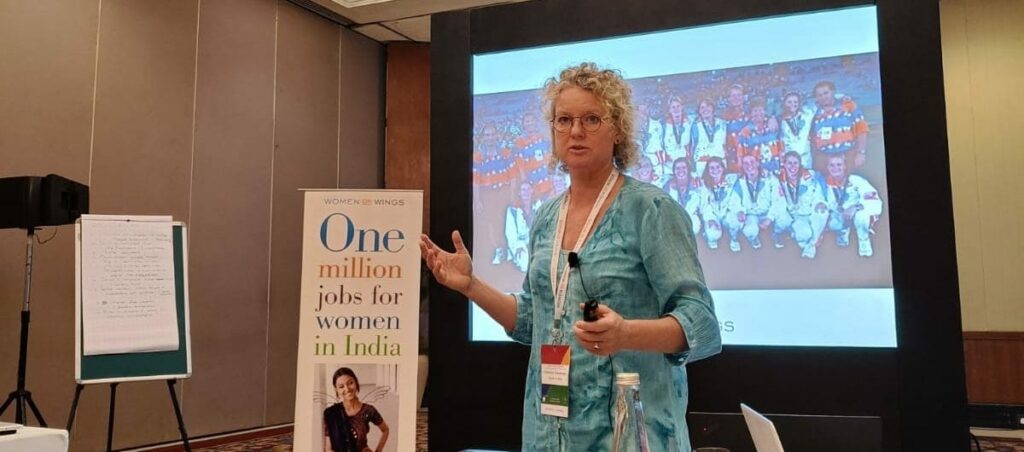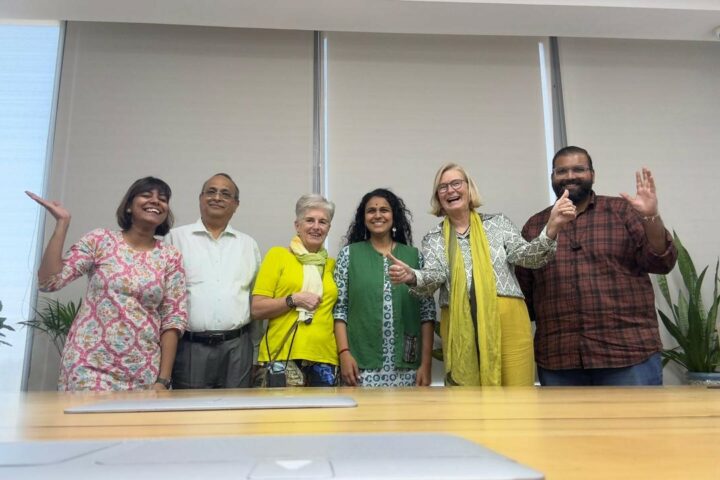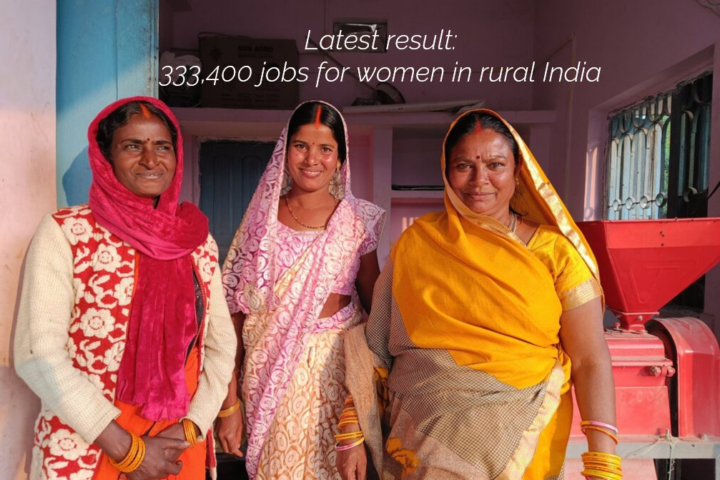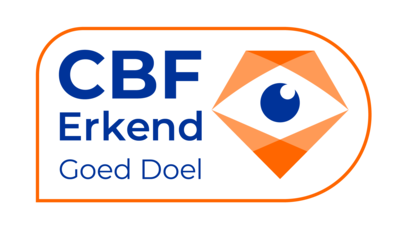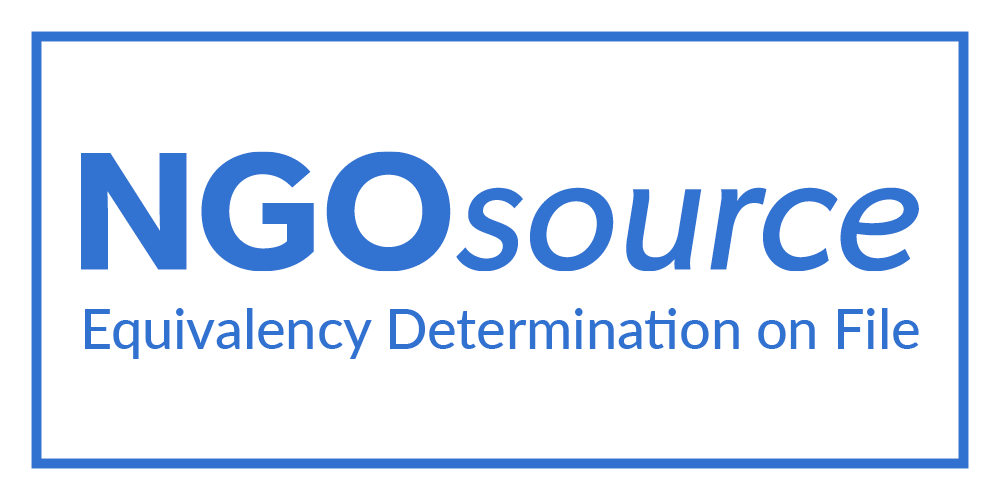A forest hike in The Goal, the classic novel of the logistics of supply chain management, inspired Women on Wings supply chain expert Florentine Steenberghe. The book, by Eliyahu Goldratt and Jeff Cox, introduces the Theory of Constraints, a management technique that identifies the most important limiting factor (the constraint) in a system and then restructures the organization to improve that constraint so that it no longer is a bottleneck.
A scouting hike as metaphor
One part of The Goal, talks about a scouting hike’s goal to get all the children to a finish point as soon as possible. The aim was that when all the kids arrive at the agreed end point, the task would be complete. The struggle, the constraint: there was a straggler who was not as fast as the other scouts.
The group was hiking a single-track trail and the scout leader (the book’s main character) realized if they stopped ever so often to await the slower scout that it would demoralize the group and take longer to arrive. Thus, the group would not finish together as soon as possible. His remedy: put the dawdler in front and ask the other scouts to carry some of his items so that he could move more quickly thus keeping the group moving.
Florentine, a Dutch national hockey player who has starred in world cups and the Olympics, was moved to read The Goal twice. She shared, “I appreciate the hiking anecdote as it’s an unusual way of looking at processes and people in an attractive way. It’s a great metaphor for identifying and working around bottlenecks and management theories.”
A long-term commitment
Florentine muses over the value of attending one-day business trainings noting there’s little to evaluate at the end and learnings quickly fade. Instead, she prefers Women on Wings’ sustainable continuous approach to learning and growth.
“Our workshops are not a one-time injection where you put a lot of energy in a certain moment with an enterprise and then everyone goes their own way losing all your efforts,” she says. “Instead, it’s a very well-organized collaboration carried out in a continuous process over months and years that delivers more results.”
Focused on opportunities and people’s strengths
In 2018, Florentine began advising Women on Wings Indian social enterprise partners on ways they may improve so they may create more jobs for rural Indian women. The Indian social entrepreneurs are, according to Florentine, often so much more practical than Dutch ones.
“They look for opportunities that are feasible versus focusing on things that don’t work. It’s a mindset. They have a lot of constraints to work around. They must find solutions, be flexible and nimble,” she remarks. “In the Netherlands we often focus on the things that go wrong, need to be improved. We try harder to change processes, people’s attitude, or competencies and by doing that you need much more energy and effort to change.”
Florentine
““You can chase everyone and put energy into what goes wrong, or you can help each other on focusing on strengths, looking at opportunities.”
In the first supply chain workshop she led for Women on Wings, she saw how a social enterprise produced textiles so differently than ways she was accustomed. Women took on embroidery work far from the social enterprise’s office in their homes. They could have a job with a decent income, yet the women couldn’t easily drop off their work. But a network of women in the villages banded together to make sure all their work was delivered. “The set up works very well, and they continue to improve and expand it.”
Finding meaning in working pro bono
Florentine was in the retail and fashion industry and wanted to use her experience and knowledge in a more meaningful and sustainable way. She happened to meet Women on Wings HR and supply chain expert Hilke Tol in a networking group and heard Women on Wings was looking for experts in supply chains. So, she signed up to work pro bono.
Florentine started doing workshops for Okhai which offers handcrafted apparel and lifestyle products created by rural Indian artists. She also collaborated with Crop Connect, which focuses on putting native crops that have a very high nutritional value and are grown very sustainable back on the market. Then the pandemic hit and she carried out online sessions with other social enterprises like Farm Harvest and facilitated a one-day workshop on supply chain management at a Women on Wings CEO Summit.
Inspired by green and social changes
Florentine looks at the current supply chain and textiles world and sees Women on Wings social enterprise partners aspiring to be more environmentally sustainable: “They are ahead of those developments as it benefits their objectives. It will make a difference. People are becoming more conscious, legislation is changing. Circularity will change the textile industry.”
Florentine gets inspiration from the social entrepreneurs: “The social entrepreneurs in India we are working with, are also playing top sport. The outcome however is far more important than winning a medal. It’s a better future for women and their children. I am super proud to be contributing to this.”
